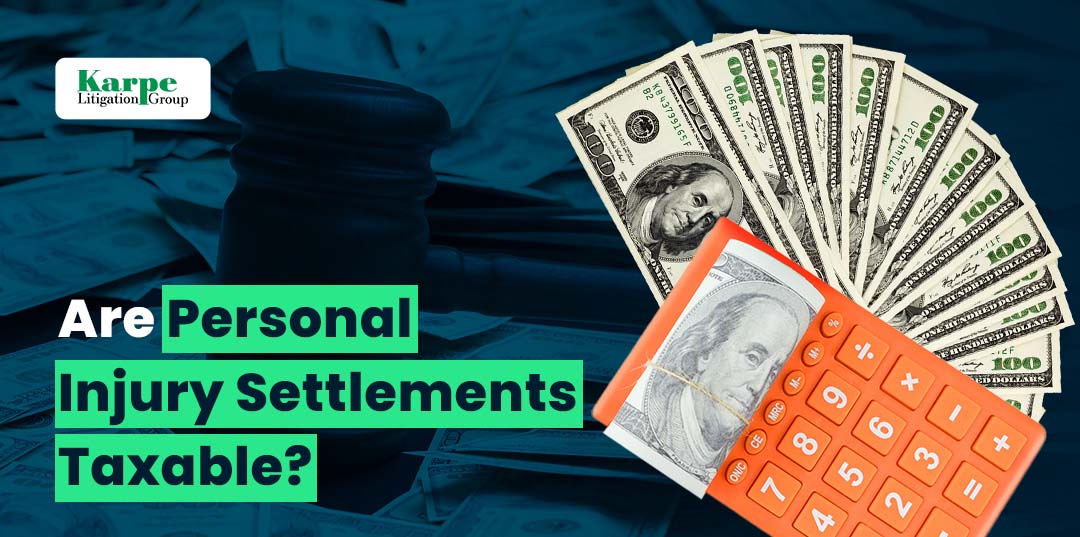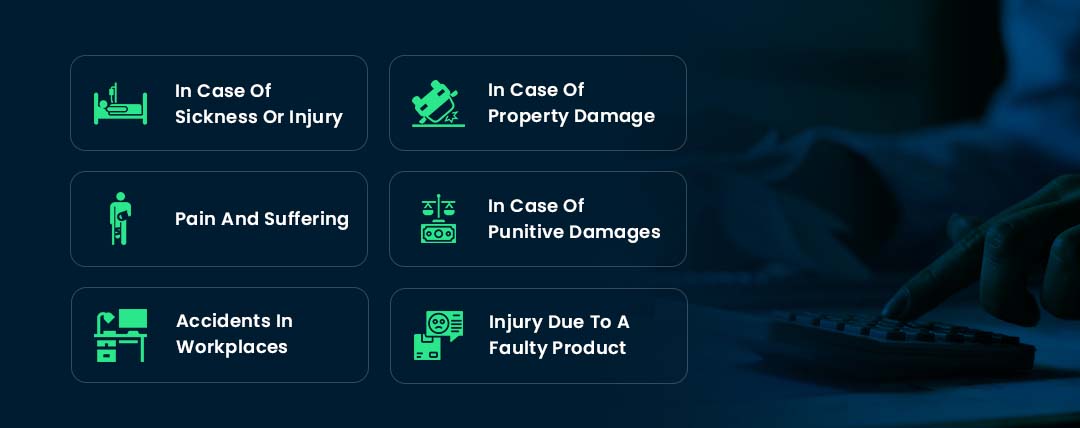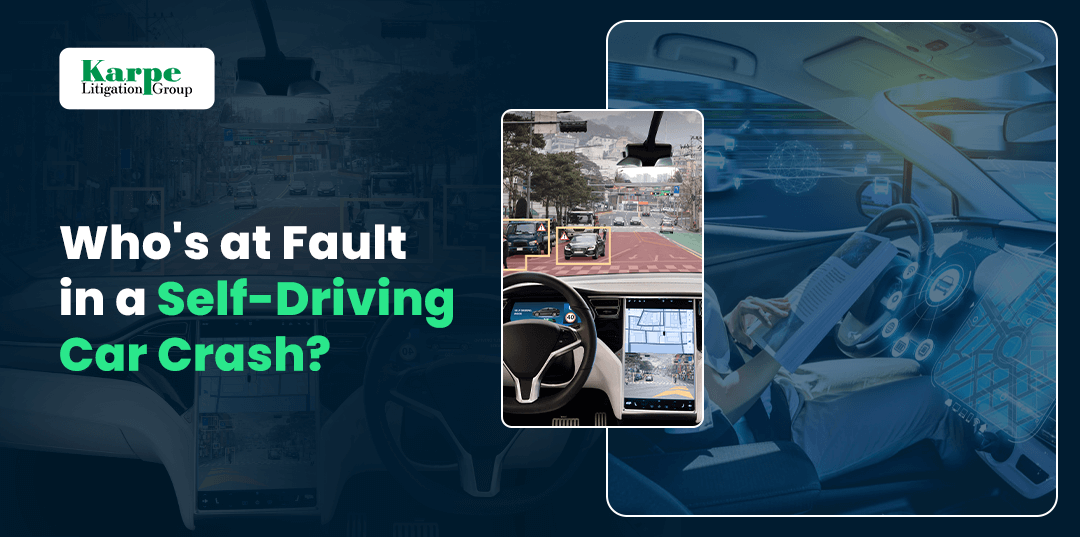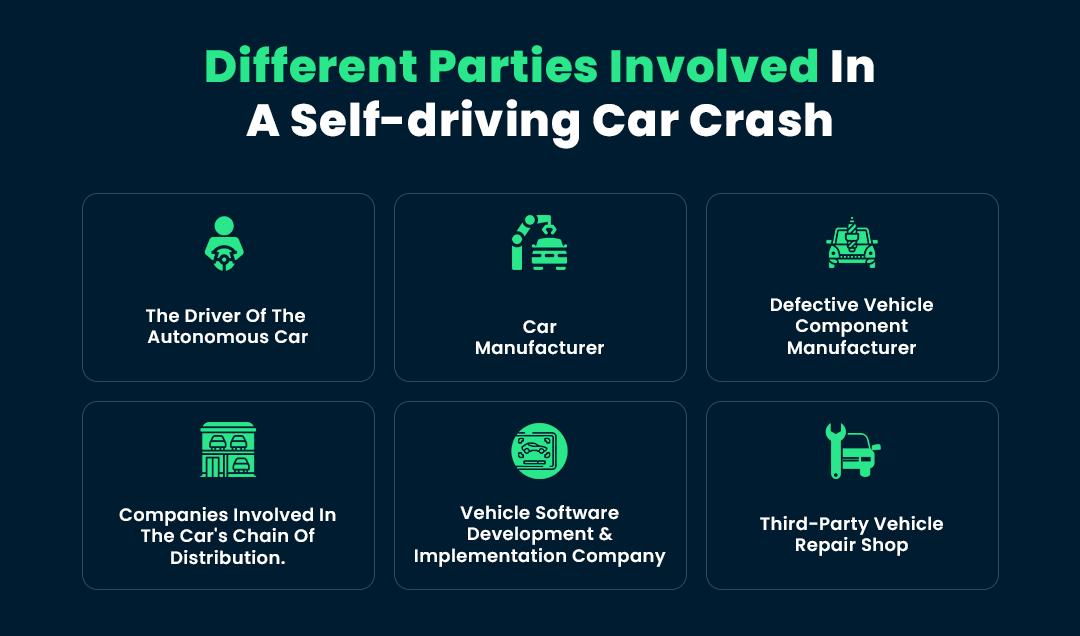According to reports from the Indiana State Department of Health, personal injury is among the top causes of death for individuals ages 1 and 44. Moreover, it’s the fourth leading death cause in Indiana. Moreover, there were more than 205,000 cases of traffic collisions leading to personal injury or property damage. Thus, we can’t take personal injury as a minor issue, and individuals should seek help from a professional Indianapolis personal injury lawyer.
When a person gets injured due to another party’s negligence or recklessness, they can be eligible for compensation through personal injury settlements. But what many need to be made aware of is whether these settlements are taxable or not.
In this article, we’ll explain the taxation of personal injury settlements in detail. From a birds-eye view, the compensations are not taxed the majority of the time. However, there are certain exceptions where individuals need to pay taxes to the state while filing their income tax. Let’s divide personal injuries into multiple categories to make it easier it understand:
1. In Case Of Sickness Or Injury
In both scenarios, the compensations received from the settlement are tax-free. This is because the individuals have already paid taxes for their income, and any additional money collected due to their injury should not be taxed further. There is one condition that you need to satisfy, which is that if you did not avail of the itemized tax deduction for medical costs regarding your sickness or injury, then it’s not taxable.
On the other hand, if you’ve utilized cost exemption for medical expenditure under 1040, then you may need to pay taxes on your settlement. Moreover, if you’ve taken a deduction on tax for more than a year, you need to pay the taxes on a pro-rata basis. Hiring an Indianapolis personal injury lawyer will help you get a better understanding of the taxation situation.
2. In Case Of Property Damage
In this case, if you’ve received any compensation for the property damage, then it’s not taxable. An excellent example of a property loss to have a better understanding of scenario is a car accident. If you meet with a car accident, then you will receive compensation to repair or replace your vehicle, depending on the insurance terms.
In this condition, your compensation is waived from any taxes. However, if the compensation cost of your “property” is higher than the estimated loss of value, then the difference will be taxed. Thus, it’s essential to conduct a thorough analysis of the depreciation of your property before you file. Overall, most personal injury settlements are tax-free, and the exceptions are pretty low.
3. Pain And Suffering
Many people get compensation for emotional distress and mental suffering due to an accident. But they need to pay tax on the funds they receive for the damages. According to Indiana law’s Section 104(a)(2), mental suffering is not categorized as an illness or an injury made by a third party. If the suffering or the pain did not come from personal physical injury or illness, the compensation is fully taxable.
But you can reduce the taxable amount by attaching the medical expenses that you’ve paid but didn’t apply for deductions. An experienced personal injury lawyer will help you reduce your taxable amount by giving you proper advice. Moreover, if you’ve received any amount for the punitive damages, it’ll be taxed as well, which we will discuss in the next point.
4. In Case Of Punitive Damages
Punitive damages are those that are granted by the court when an individual’s conduct is deemed to be outrageous. While these damages aren’t received due to any physical injury but more for mental suffering, they are taxable. Punitive damages may also include compensation for wrongful death, defamation, and libel.
Moreover, punitive damages also come with a certain percentage of tax imposed on them. Before you file your taxes, it’s essential to calculate the amount of punitive damage that you’ve received and the amount of taxes you need to pay for it. An experienced Indiana personal injury lawyer will assist you in the process.
5. Accidents In Workplaces
Any compensation received by an individual due to a workplace accident is tax-free. This means that any wages lost, medical expenses, and settlements are not taxed. This applies to all injuries that occur in the workplace and falls under workers’ compensation laws.
However, employees need to prove that the accident was not caused by their negligence or it was not their fault. Consult with a personal injury attorney to get an understanding of the situation.
6. Injury Due To A Faulty Product
It’s the responsibility of a product company to manufacture high-quality consumer products that are safe to use. If an effect causes injury due to its fault, then the company is responsible for giving proper compensation and damages.
For example, if a toy company doesn’t alert about its choking hazards, then it can be sued for any injury caused by the product. Moreover, the company has to pay for the medical expenses and any other damages. In such cases, the injury settlement is tax-free since it’s not considered a taxable object.
Hire The Best Personal Injury Attorney
In conclusion, most personal injury settlements are usually tax-free. But in some cases, you may have to pay taxes on them. As one of the best personal injury law firms, we provide you with legal advice regarding taxation on settlements.
Our team of experienced attorneys is here to help you get the compensation you deserve and make sure that you don’t overpay taxes on your settlements. Contact the Karpe Litigation Group today for a free consultation, and our team will guide you every step of the way.






